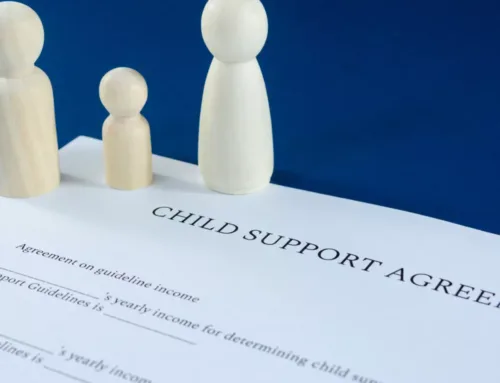Domestic violence is a distressing and pervasive issue that affects countless individuals and families. Understanding the laws and legal measures in place to protect victims is crucial for ensuring their safety and well-being. In this blog post, we’ll provide a comprehensive guide to domestic violence laws and protection orders, empowering those in need with the knowledge to seek safety and justice.
Understanding Domestic Violence Laws
Domestic violence laws vary from state to state, but they typically encompass various aspects, including:
- Definition of Domestic Violence: Laws define domestic violence as abusive behavior, physical or emotional, inflicted upon a current or former spouse, partner, family member, or household member.
- Criminal Offenses: Acts such as physical assault, harassment, stalking, and violation of protection orders are considered criminal offenses under domestic violence laws.
- Protection Orders: Courts can issue protection orders, also known as restraining orders or orders of protection, to prohibit the abuser from contacting or approaching the victim.
- Consequences for Violators: Violating protection orders can result in criminal charges and penalties.
Types of Protection Orders
There are several types of protection orders, including:
- Emergency Protection Orders: Issued by the police or courts in urgent situations to provide immediate protection.
- Temporary Protection Orders: Offered as a temporary solution until a full court hearing can take place.
- Permanent Protection Orders: Issued after a court hearing and may last for an extended period, potentially years.
Applying for a Protection Order
If you are a victim of domestic violence, taking these steps can help you obtain a protection order:
- Contact Law Enforcement: Report the abuse to the police and provide all necessary information.
- Contact a Legal Professional: Consult with an attorney or seek assistance from a domestic violence organization for guidance on obtaining a protection order.
- Court Hearing: Attend the court hearing where you can present evidence of the abuse.
Your Guide to Safety
Ensuring your safety and that of your loved ones is paramount when dealing with domestic violence:
- Create a Safety Plan: Develop a safety plan that includes a list of emergency contacts, a place to go in case of immediate danger, and a bag with essential items.
- Seek Support: Reach out to friends, family, or a domestic violence support organization for emotional and practical support.
- Legal Assistance: Consult with an attorney who specializes in domestic violence cases to help you understand your legal options.
If you or someone you know is a victim of domestic violence, your safety is the highest priority. Contact us for a free consultation to discuss your situation and explore the legal measures available to protect you. Domestic violence laws are designed to provide support and protection to victims, and our experienced legal team is here to guide you on your path to safety and well-being.




